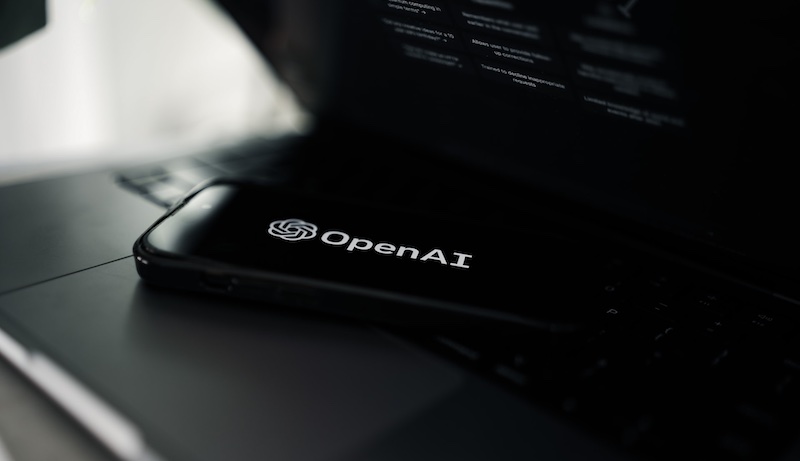Quantum computers can destroy Bitcoin and Co with ease
Quantum computers should be able to “fundamentally” undermine the encryption on which Bitcoin and other cryptocurrencies are based as early as 2026 – provided the blockchains are not updated.
“Quantum computers, which are expected to be operational around the year 2026, will easily undermine any blockchain security system due to their high performance.” David Williams, founder of the quantum encryption company Arqit, has this dramatic forecast Forbes made and the developers of the blockchains called for “more urgency”.
Contents
Cardano inventor Hoskinson also confirms quantum danger
Blockchain developers would have to deal proactively with the upcoming quantum age and adapt their technologies accordingly in good time. Williams suggests the use of so-called quantum encryption keys. This is not surprising, because it is the product of his company with which he plans to go public on the New York Stock Exchange via SPAC in December.
In fact, the imminent availability of quantum technology is a problem for all areas that work with encryption. The Ethereum and Cardano inventor Charles Hoskinson, who is known for scientifically validating every development step of his new project, has also recognized this.
Hoskinson wants to have his project prepared in good time before the serious market entry of commercial quantum computers and also calls on the developers of other cryptocurrencies to take the threat seriously and use resources on it. However, Hoskinson does not share Williams’ ambitious forecast that this should be the case as early as 2026.
“Quantum secure blockchains” would have competitive advantages
“If this is not addressed before quantum computers pose a threat, the effects would be massive,” said Duncan Jones, head of quantum cybersecurity at Cambridge Quantum Computing. Attackers could carry out “fraudulent transactions” and generally disrupt blockchain operations.
That is why it is particularly important for decentralized networks to start the migration process as quickly as possible, since it requires “careful planning and execution”. If, however, a blockchain can prove that it is “quantum secure”, according to Jones, it has a considerable competitive advantage.
Earlier this month, Cambridge Quantum Computing, together with the Inter-American Development Bank and the Tecnológico de Monterrey, identified four potential threats to blockchain networks emanating from quantum computers. Jones suggests using a post-quantum cryptography layer along with a new generation of quantum-secure cryptographic keys for protection.
Jones assumes that creating a quantum computer wouldn’t destroy everything on day one. Rather, the use will “initially be done in secret”. Only slowly will the information leak out that “the cryptography has been broken”. However, that would then lead to a “complete loss of confidence”, “similar to the global financial crisis, when confidence in the system fell apart.”
Jones is particularly concerned about the fact that China is ahead in the global quantum race. This could undermine both the traditional and the crypto markets to a similar extent as it was the case during the global financial crisis in 2008.
Companies and universities are feverishly researching quantum technologies
Quantum computing, in which conventional computer bits are replaced by quantum particles (qubits) that can compute information at a much higher rate, has been in development since the 1990s. Researchers at universities around the world are developing working quantum computers. The progress is exponential. Research over the past five years has yielded more knowledge than research over the three decades before it.
The search engine giant Google presented its own Quantum AI campus in May 2021, in which several billion US dollars are being invested. The first commercial quantum computer is to be built here by 2029. The project remains ambitious. It is true that companies are now in a position to actually receive all of the components required for quantum projects. Still, there are a number of major challenges that must be overcome on the way to becoming a megacomputer.


